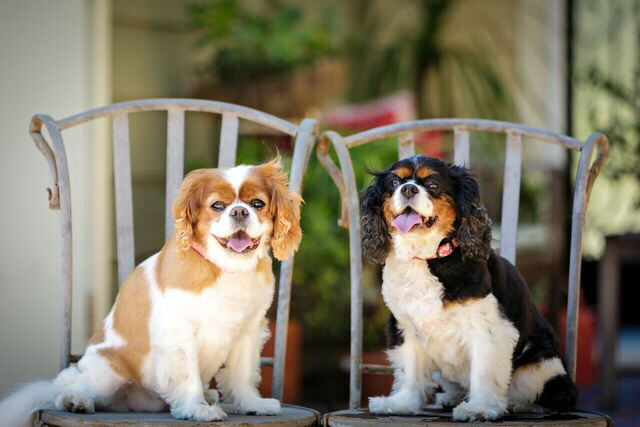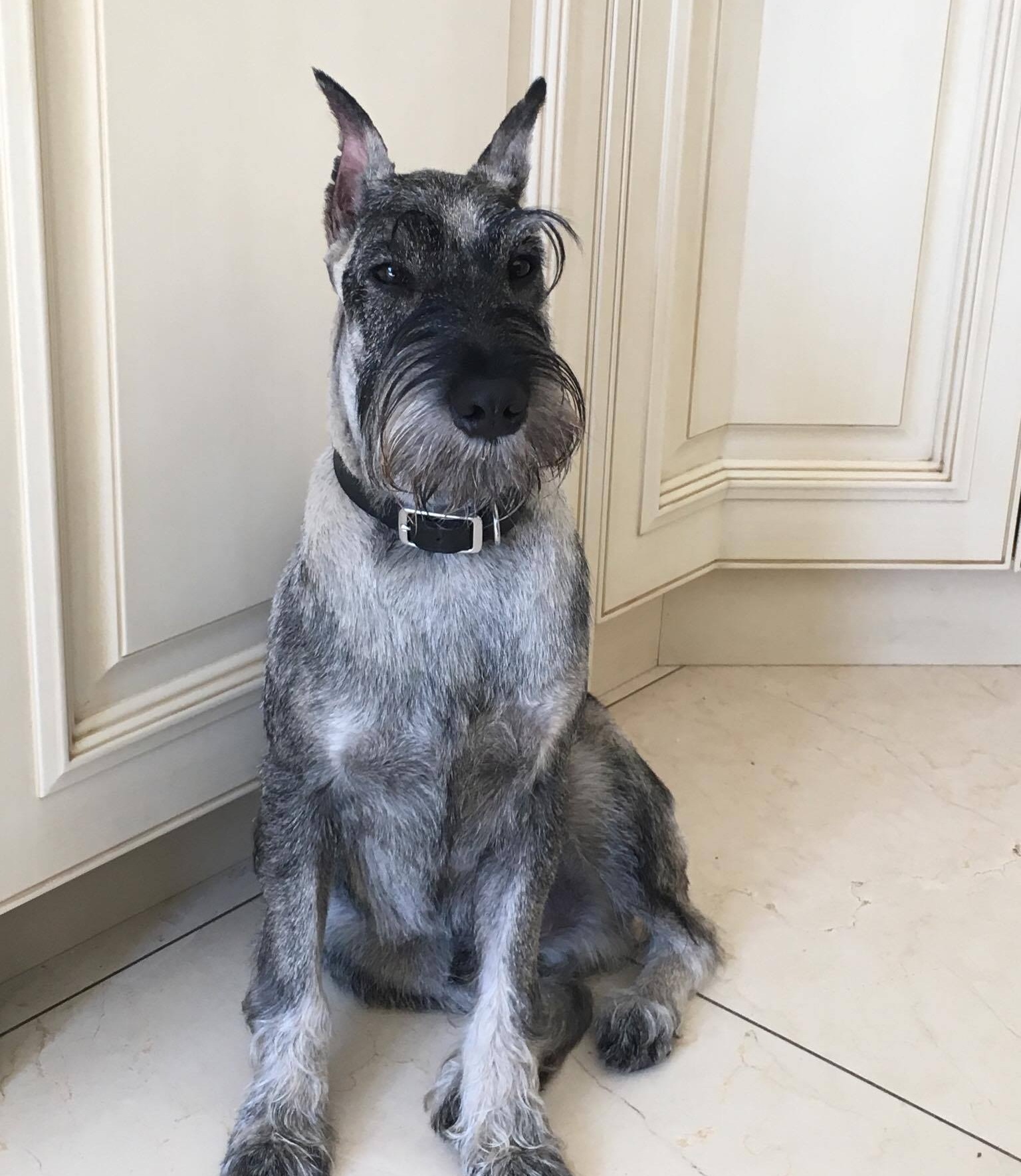
BLOG
Dr. Masami Uechi Interview
The Mighty Hearts Team traveled to the Jasmine clinic in Yokohama Japan to interview Dr. Masami Uechi.
In April of 2018 the Mighty Hearts Team traveled to visit the state of the art Jasmine clinic in Yokohama Japan. Our mission was to further educate ourselves to better serve our community members. Drs. Masami Uechi and Sayaka Takeuchi were very kind to take time out of there busy schedules to allow us to interview them so that we may bring you the latest information about this amazing mitral valve repair surgery. We tried to cover all the important topics, if you still have questions please leave them in the comments below.
Requirements to become a surgical candidate for Japan
If you have decided to have your dog evaluated for surgery with Dr. Masami Uechi at the Jasmine Clinic in Japan, to see if he or she is a candidate please read on…
We all have been there… you bring your dog to the vet for a routine checkup or for what you suspected was a minor issue, only to be sent to the cardiologist and given the dreaded diagnosis of Mitral Valve Disease (MVD), possibly even Congestive Heart Failure (CHF), which lead you to research the disease and ultimately brought you to this site… If you have decided to have your dog evaluated for surgery with Dr. Masami Uechi at the Jasmine Clinic in Japan, please read on.
The first thing to understand is that over the past few years, there has been a spike in demand for the Mitral Valve Repair surgery from overseas clients, mostly from the US. There is currently only one fluent English-speaking vet at the Jasmine Clinic (Dr. Sayaka Takeuchi). Dr. Takeuchi is responsible for coordinating surgeries for all foreign potential candidates. She corresponds with all foreign clients via email and by phone, compiles all the medical records, and evaluates each patient for surgery (new cases can take many hours to review). In her final steps, Dr. Takeuchi presents each case to Dr. Uechi for his final approval before recommending the surgical intervention.
Dr. Takeuchi then schedules surgeries for all foreign dogs, assigns each foreign dog to a primary recovery vet, and participates and translates in all foreign dogs’ surgeries and pre-op/post-op appointments. This is a tremendous amount of work for one person, particularly now with the dramatic increase in overseas interest. Therefore, email correspondence will take more time, as you can imagine. If your local cardiologist thinks your dog is likely going to be a candidate it is recommended starting the Japanese quarantine process while you wait for the final approval from the Jasmine clinic, (Your local vet office should know this process).
In order to expedite the evaluation process to get your dog closer to securing a surgery date, the following is a list of all testing needed:
Appointment #1 (with Cardiologist)
Echocardiogram
Chest X-ray (regular vet can perform)
Note: Each echocardiogram should always include an echo report, images, and still videos. Videos and still images are best delivered in AVI or DICOM format (via dropbox or google drive would be fine)
The following views are the most important to the Jasmine team when assessing for surgical appropriateness. While these views are standard to anyone trained in echocardiograms, occasionally some are missing from echo reports, delaying your candidacy review.
Right parasternal long-axis 4 chamber view
Right parasternal long-axis 4 chamber view - color Doppler
Right parasternal short-axis view papillary muscle level (M mode)
Right parasternal short-axis view mitral level
Apical 4 and 5 chamber view (with and without color Doppler)
Have you Cardiologist email the files to Jasmine with you CC’d. [email protected]
Appointment #1 or #2
To be performed early, once it has been determined that your dog is a surgical candidate
Full abdominal ultrasound: used to rule out potential surgical risks (This can be done by your local vets office and not a specialist, only the report is needed).
Blood type (DEA 1.1 antigen): Needed in order to prepare donor blood for surgical patients 1 to 2 months prior. The common blood typing test for dogs is DEA 1.1 antigen (+) or (-). Negative type blood donors are not common in Japan and would require advanced planning to coordinate donor blood bank supply.
Appointment #3
To be performed 2-3 months before surgery
Inulin clearance test or SDMA
Blood test: CBC Chemistry Electrolytes, CRP
Urine test: UPC, UAC, in-house urinalysis including USG
Appointment #4
To be performed 2-4 weeks prior to surgery
Coagulation profile: ACT, Fibrinogen, AP, APTT, Antithrombin III (ATIII is mandatory)
C-Reactive Protein test is done to measure any possible inflammation in the body prior to traveling (this is a mandatory test)
"Only if indicated" (At your veterinarian’s discretion, the following remaining test below can take place as needed at any or additional appointments, based on any possible abnormal findings)
Blood test: Canine SpecPL, T4, TSH, 4DX, ACTH stimulation test, Low dose dexamethasone test
Urine culture (sample obtained by cystocentesis)
Fecal (culture, occult blood, parasites)
Note: The above appointment schedules, have been categorized by the recommended timing of each test. Some tests can be combined for consolidation purposes and for convenience, at your Veterinarian's discretion.
Tips to Expedite Surgery
Include your dog’s name in the title of your first email message
Always reply to the same email thread rather than starting a new message. Whether you decide to send these test results yourself or have your veterinarian send them, it is important that you and your vet continue to reply to the same email thread (have your vet cc you in his/her email so you’ll have access and will be able to reply). This keeps all medical records together so Sayaka will have quicker access to your dog’s medical records when performing her evaluation, or when answering questions, you or your vet may have.
Some families have started the quarantine process for Japan before confirming their dog was a surgical candidate. Doing this allowed them to enter Japan much sooner rather than later, as time for some patients is very critical. This is a separate process which can be managed by a general vet, though the blood drawn for the rabies titer should be performed by a vet accredited by the USDA. After completion, the quarantine paperwork is valid for two years.
At this point please be patient. Once you’ve started the quarantine process, you will have at least six months to get all the testing completed and make your travel arrangements.
This article was intended to be a guide to navigating the extensive list of medical tests needed to determine if your dog is a candidate for Mitral Valve Repair surgery at the Jasmine clinic in Japan. It is subject to change and will be updated as needed.
Post-Op Activity
Remember that you have made an incredible journey by choosing open-heart surgery for your beloved dog, so please take care of the repaired valve as best as you can so that you can enjoy a lifetime with it!
Recommendations for Open-Heart Surgery Post-Operative Activity
The importance of post-surgery healing process
For the first, second- and third-month post-op, you would have been given guidelines by your surgery team on what to avoid, what movement is acceptable and how much exercise your dog is recommended. It’s vital that given guidelines are followed to allow a successful healing process to take place.
The first three months is the most crucial time in the healing process as the heart is remodeling itself. By helping your dog to eliminate certain movement you are supporting the foundations for a stronger healthier heart muscle. It is therefore essential that certain movement is avoided or eliminated from daily life and activities. By planning, preparing and preempting situations, you will make way for a successful healing process. This is not to take place of the advice of your dog’s Cardiologist.
Surgery recovery postop month 1-3
•Patients should be kept under strict rest.•No jumping up / No jumping down•No stairs•No abrupt starts and stops.•Please keep your pets separated from other animals in the home. This will avoidplay and other movement that may disrupt healing of repair.•Set up a pen area as this is a great way to keep dog at rest. This will ensure thedog stays calm and resting when you are not around.•Block off furniture - Please keep dog off bed/sofa, so your dog is not tempted tojump off.
Shampoo or grooming
• No shampoo until 1month post-surgery.
• If skin/hair gets dirty, you may wipe him/her down with a wet towel.
Walking instructions
• Specific instructions may be given depending on your dog’s post-op condition.
After 3 months:
• keep dog on leash (even when in yard/garden/walks)
• Allow dogs to meet and greet in controlled environment.
• Begin walking your dog, on lead for 20-30 minutes twice per day.
• No running
• No Jumping
• No stairs
• No abrupt starts and stops.
• Please continue to keep dog off bed/sofa, do not allow them to jump off anyfurniture.
• No frantic play, No zoomies, no chasing wildlife, or animals
• You can allow gentle play interaction with other dogs.
After 6 months
• Please continue to keep your dogs on lead during this time, due to risk of high energy play with other dogs.
• After 6 months, you may use a ramp when needed, in place of stairs.
• No wildlife and/or animal chases, avoid high energy play, avoid high energy dog sports such as agility.
Remember that you have made an incredible journey by choosing open-heart surgery for your beloved dog, so please take care of the repaired valve as best as you can so that you can enjoy quality time with your pup!
Please contact your surgical clinic for the latest updates in post-op care or if you have additional questions
The Mighty Hearts Project team
Moni and Prudence
Fred: A Different Open Heart Surgery
Fred, an 11 month old purebred Standard Schnauzer, has large Atrial Septal Defect (sinus venosus), not amendable to trans catheteral closure with Amplatzer device. Fred already developed moderate pulmonic stenosis and right side heart hypertrophy. Without an open heart surgery to patch the defect he will develop congestive heart failure (CHF).
“I feel a little bit as an outsider because my Fred does not have Mitral Valve Disease and Congestive Heart Failure.”
Fred, an 1 year old purebred standard schnauzer, has a large atrial septal defect (sinus venosus), not amendable to trans catheteral closure with an amplatzer device. In layman's terms, this means Fred has a hole in his heart and the typical procedure developed to treat this issue will not work in his case.
Because of the atrial septal defect, Fred has already developed moderate pulmonic stenosis and right-side heart hypertrophy. Without an open heart surgery to patch the defect he will develop congestive heart failure (CHF).
Fred was brought home on the day of one year anniversary of the terrible loss of his owner's first standard schnauzer, Peter (aka Petya). Peter was battling two types of cancer during the last year of his life- going from radiation to surgery, and than to chemo. Nothing helped. Raya and her family were devastated. Learning Fred's diagnosis has only added to their stress.
“We were emotionally and financially drained after our first dog’s illness. Fred is our family now. We love him. We will do everything to save him.”
When their cardiologist, Dr. Dennis Trafny, from Animal Medical Center told them that Dr Uechi is the person who could help them, they immediately started looking for a way to get to France. Raya wrote to the clinic and heard from the Bozons a few days later. Dr. Sabine consulted with Dr. Uechi, and he is confident he can fix Fred's heart defect. There is a Jewish saying, if problem can be fixed with money, than it's not a problem, it's an expense. Fred's open heart surgery at the Bozon clinic in Versailles, France is scheduled for September 2017.







